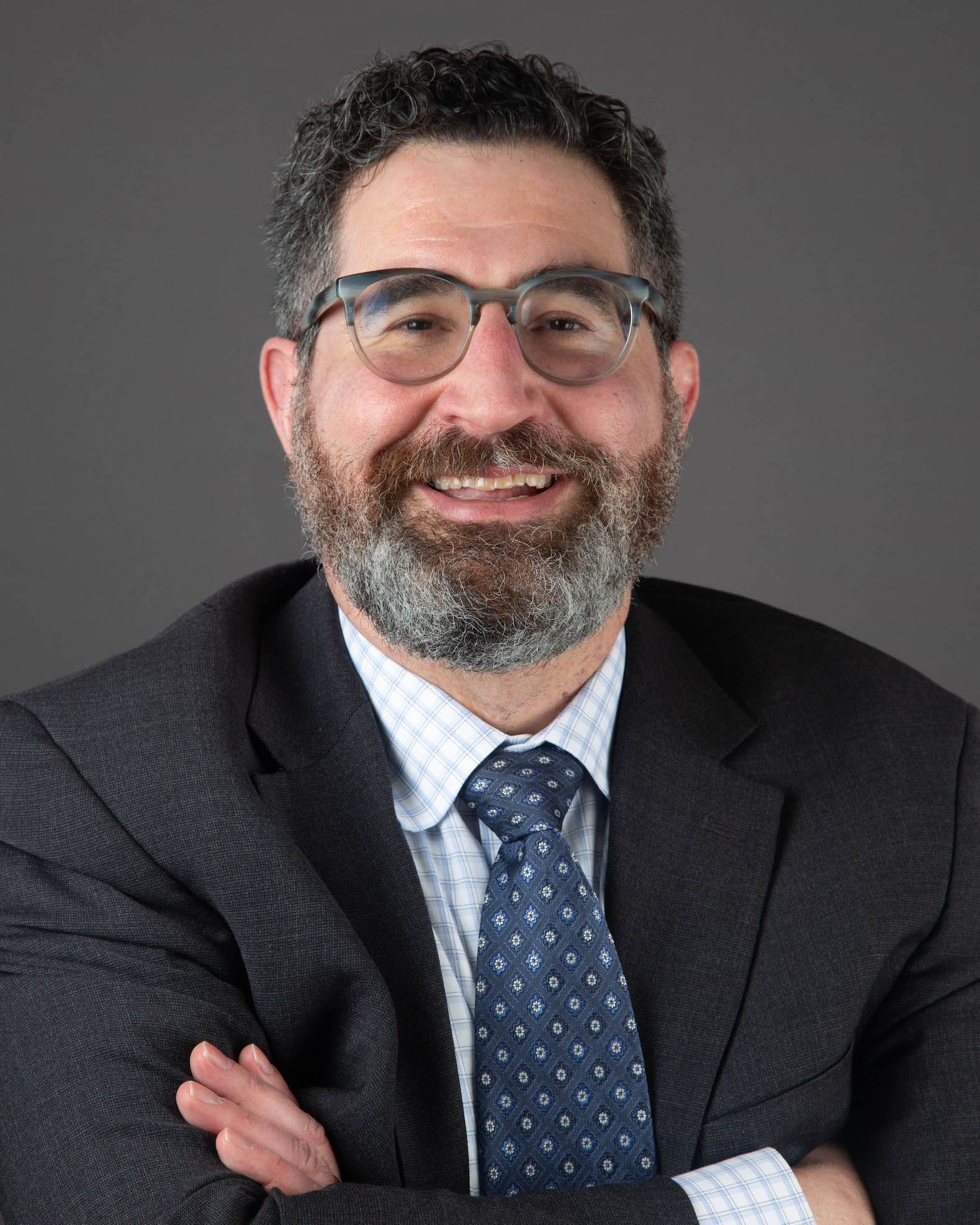Robert Erlewine

Professor and Director of the Center for Jewish Studies
History and Philosophy
701Q Pray-Harrold
Education
- B.A., St. Mary’s College of Maryland
- M.A., Boston College
- Ph.D., Rice University
Interests and Expertise
Professor Erlewine is a scholar of modern Jewish thought with a particular interest in the German-Jewish tradition and its legacy in North America, France, and Israel. Professor Erlewine’s work focuses on Jewish responses to the contemporary discourse concerning multiculturalism and religious diversity.
Courses
Professor Erlewine has taught a wide range of courses in Religious Studies and Jewish Studies. At EMU, he will be teaching the following courses in the 2022-2023 academic year.- RLST 100 Comparative Religion
- HIST 204 Introduction to the History of Judaism
Publications and Presentations
Monographs- Judaism and the West: From Hermann Cohen to Joseph Soloveitchik, Bloomington, Indiana University Press, 2016
- Monotheism and Tolerance: Recovering a Religion of Reason, Bloomington: Indiana University Press, 2010
- Thunder in the Soul: To be Known by God, Abraham Joshua Heschel, Spiritual Lives, Walden, NY: Plough Press, 2021
- “Idols in the Sanctuary: Elliot Wolfson and Modern Jewish Thought” in New Paths: Festschrift for Professor Elliot Wolfson (Purdue University Press, forthcoming)
- “Beyond Transcendence and Immanence: The Moral Theology of Mordecai Kaplan and Hermann Cohen” Journal of Religion (forthcoming April 2022 issue).
- “Resolving Contradictions: Samuel Hirsch and the Stakes of Modern Jewish Thought,” Association for Jewish Studies Review 44, no. 2 (November, 2020): 317-344.
- “Samuel Hirsch, Hegel, and the Legacy of Ethical Monotheism,” Harvard Theological Review 113, no. 1 (January 2020): 89-110.
- “At the Mind’s Limits and German-Jewish Identity: Or Améry on Guilt and the Possibility of Redemption” Journal of French and Francophone Philosophy V. 24, no. 3 (2016): 140-156.

